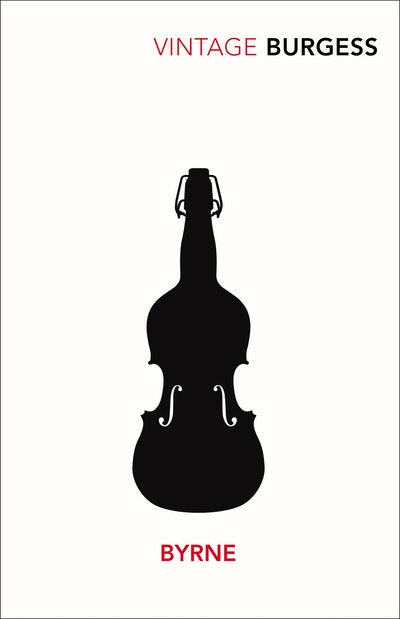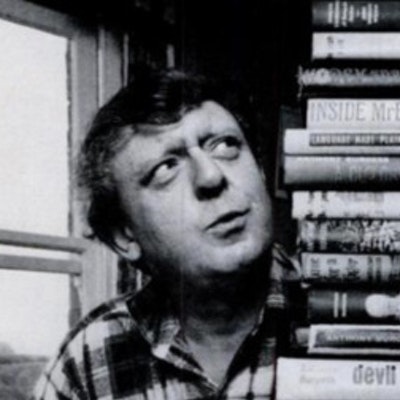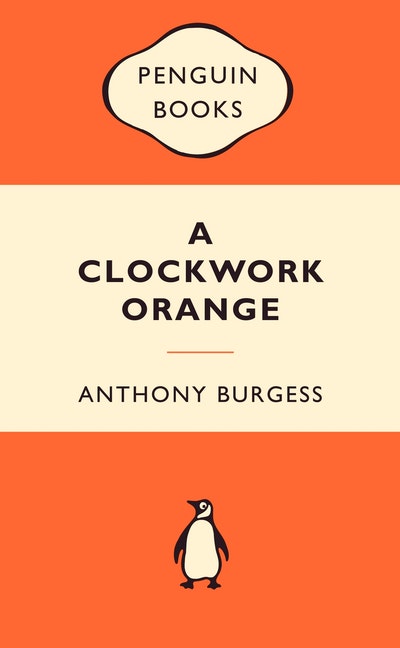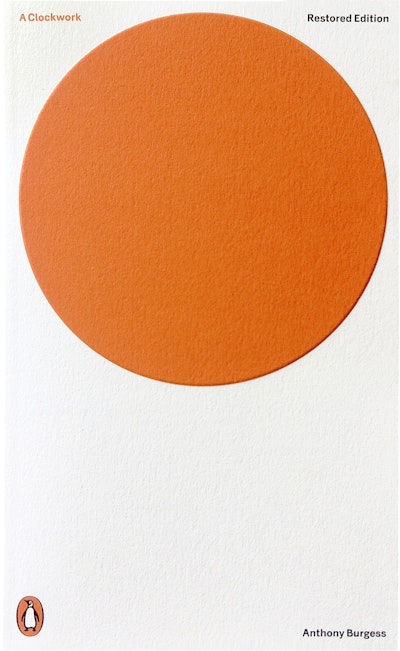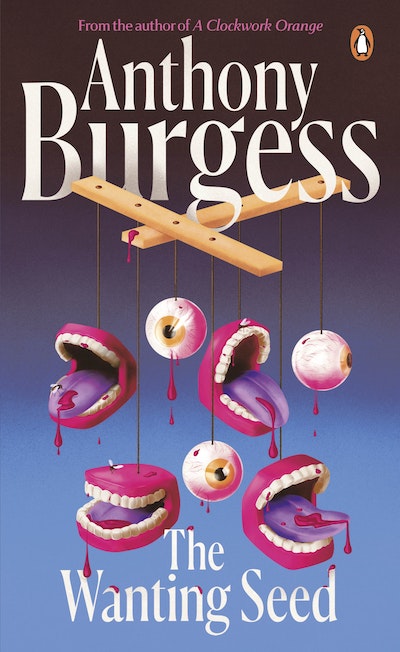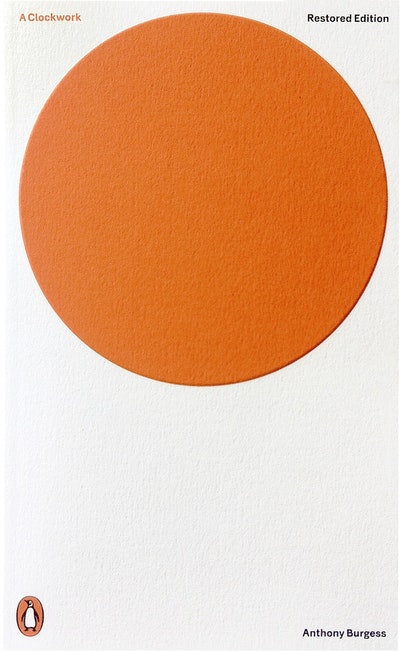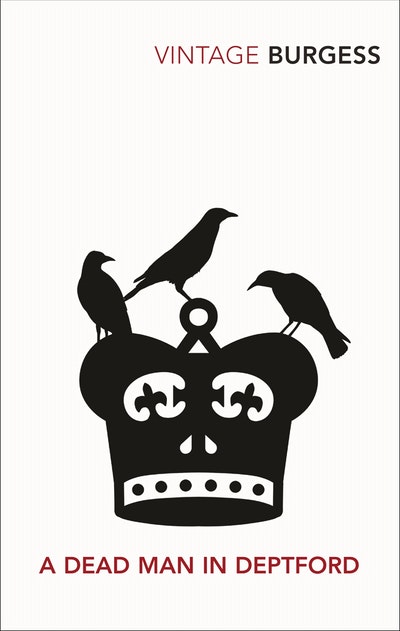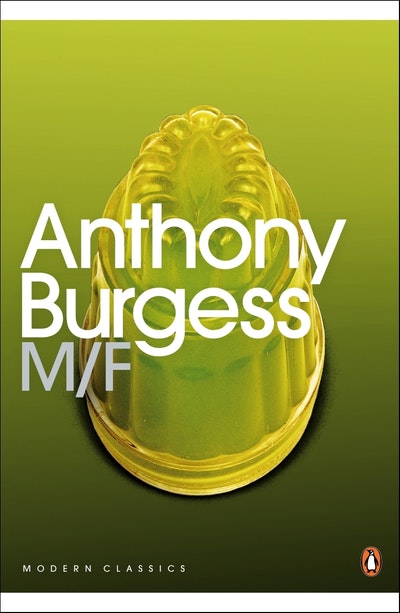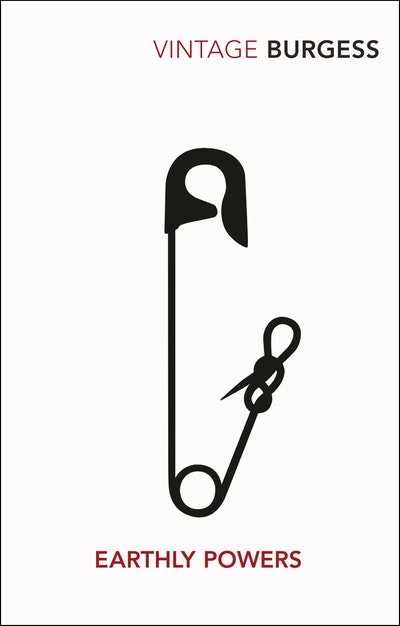[]
- Published: 2 April 2012
- ISBN: 9780099541424
- Imprint: Vintage Classics
- Format: Paperback
- Pages: 176
- RRP: $32.00
Byrne
Formats & editions
Buy from…
- Published: 2 April 2012
- ISBN: 9780099541424
- Imprint: Vintage Classics
- Format: Paperback
- Pages: 176
- RRP: $32.00
A rumbustious memorial to one of the most unignorable literary presences of our time
Sunday Times
Dazzling... A brilliant and surprising conclusion to the career of one of the most intelligent and tireless writers of the century
Philip Hensher, Mail on Sunday
A fine book
Independent
Byrne is full of his characteristic wit, gusto and erudition
David Lodge, Observer
A complex dark comedy in fluently rhymed verse. Frequently hilarious and always engaging, this final book simultaneously satisfies the differing demands of prose fiction and narrative verse. Composed mostly in the same ottava rima that Byron used for "Don Juan," Byrne shows Burgess in command of his poetic medium. One might expect an author to experience new spiritual insight on his deathbed, but such a technical breakthrough is highly unusual
New York Times
